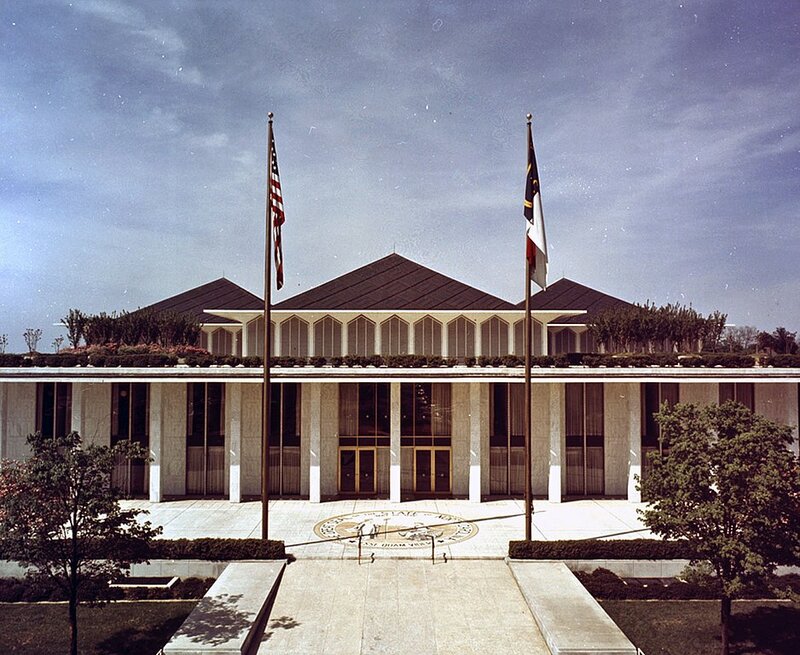Posted on Dec 12, 2022
Why Moore v. Harper Terrifies Democrats - The American Spectator | USA News and PoliticsThe...
878
10
3
7
7
0
Posted 2 y ago
Responses: 2
The case involves a mundane constitutional issue concerning the definition of “legislature” as used in the elections clause. Yet it has produced panic among Democrats and a torrent of portentous predictions about the death of democracy from various leftist law professors. In the Washington Post, for example, Harvard University’s Noah Feldman expressed alarm that the court took up the “insane” case at all. Is Moore v. Harper really insane? Of course not. The case arose early this year when the North Carolina Supreme Court struck down a redistricting map produced by the state Legislature, then replaced it with a redistricting scheme of its own. The North Carolina General Assembly petitioned SCOTUS for relief on the grounds that this action violated Article I, Section 4 of the U.S. Constitution.
(2)
(0)
We had some last minute redistricting, locally, intended to include more area that traditionally voted Republican. And the Republican candidate won the seat. It is an abuse no matter which party . . . not based on representing the size of the population but the assumed politics of the population.<sigh>
(0)
(0)
Maj Kevin "Mac" McLaughlin
That's not the issue. Read the article:
"The Elections Clause directs “the legislature” to regulate congressional elections, which includes drawing district maps. State courts aren’t part of the legislative process, and thus the North Carolina Supreme Court was obligated to uphold the General Assembly’s map… State courts have the power to interpret election regulations, but they can’t override the legislature’s handiwork unless it conflicts with the U.S. Constitution or a statute enacted by Congress."
In other words, the court cannot strike down a redistricting map and then submit one of their own. That's not their job and they are required to define how the one submitted by the legislators conflicted with the U.S. Constitution, which is the only criteria they have to strike the map down. If you want to argue the GOP attempted to stack the deck, have at it, but that isn't what the court did by submitting their own version. How do I know they aren't stacking the deck? What if they were?
"The Elections Clause directs “the legislature” to regulate congressional elections, which includes drawing district maps. State courts aren’t part of the legislative process, and thus the North Carolina Supreme Court was obligated to uphold the General Assembly’s map… State courts have the power to interpret election regulations, but they can’t override the legislature’s handiwork unless it conflicts with the U.S. Constitution or a statute enacted by Congress."
In other words, the court cannot strike down a redistricting map and then submit one of their own. That's not their job and they are required to define how the one submitted by the legislators conflicted with the U.S. Constitution, which is the only criteria they have to strike the map down. If you want to argue the GOP attempted to stack the deck, have at it, but that isn't what the court did by submitting their own version. How do I know they aren't stacking the deck? What if they were?
(0)
(0)
Read This Next



 Supreme Court
Supreme Court Elections
Elections Voting
Voting Constitution
Constitution


